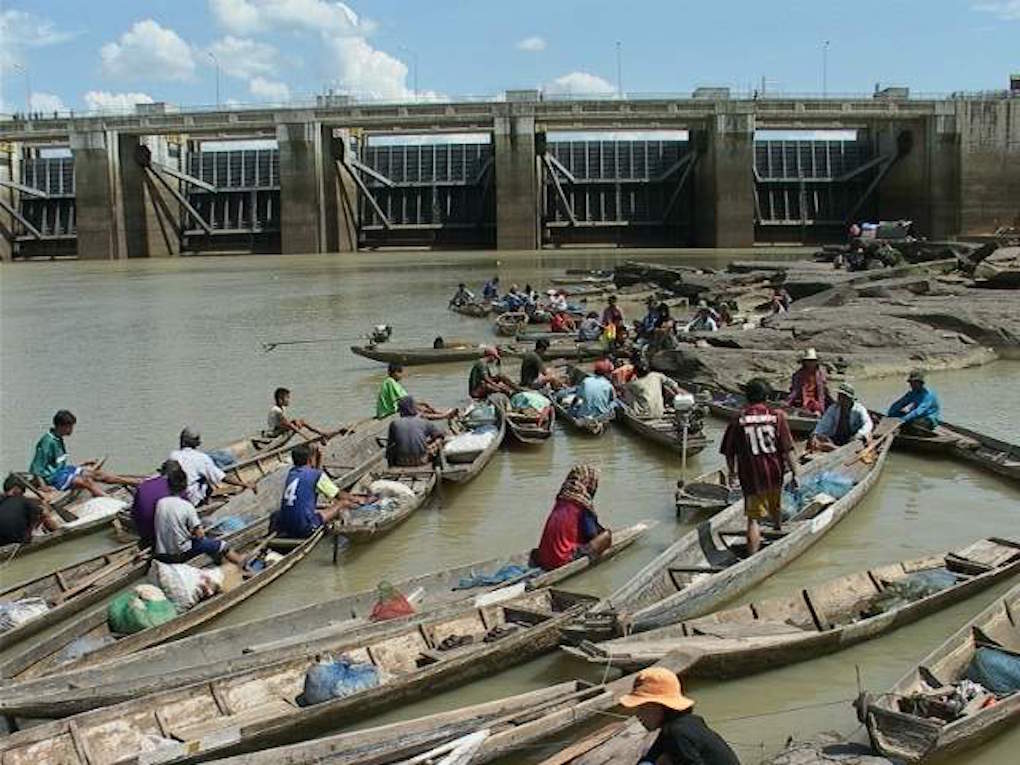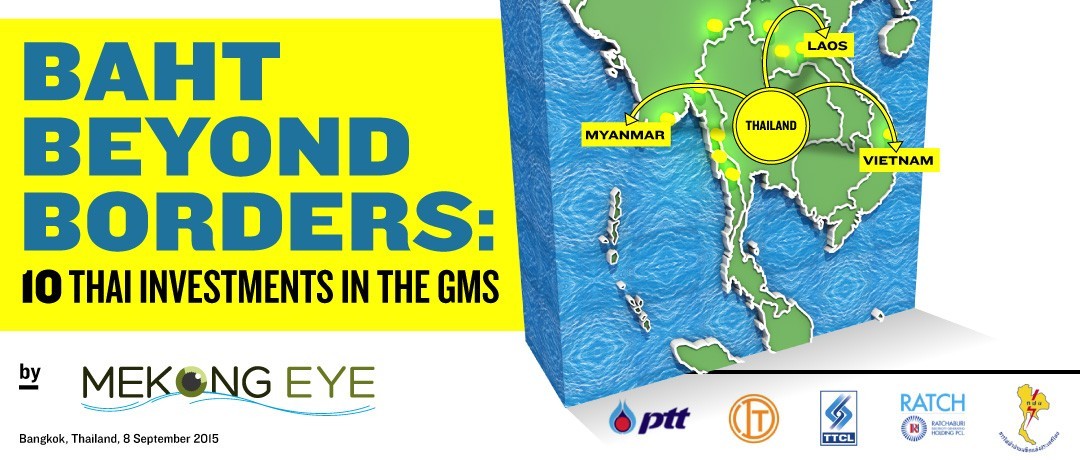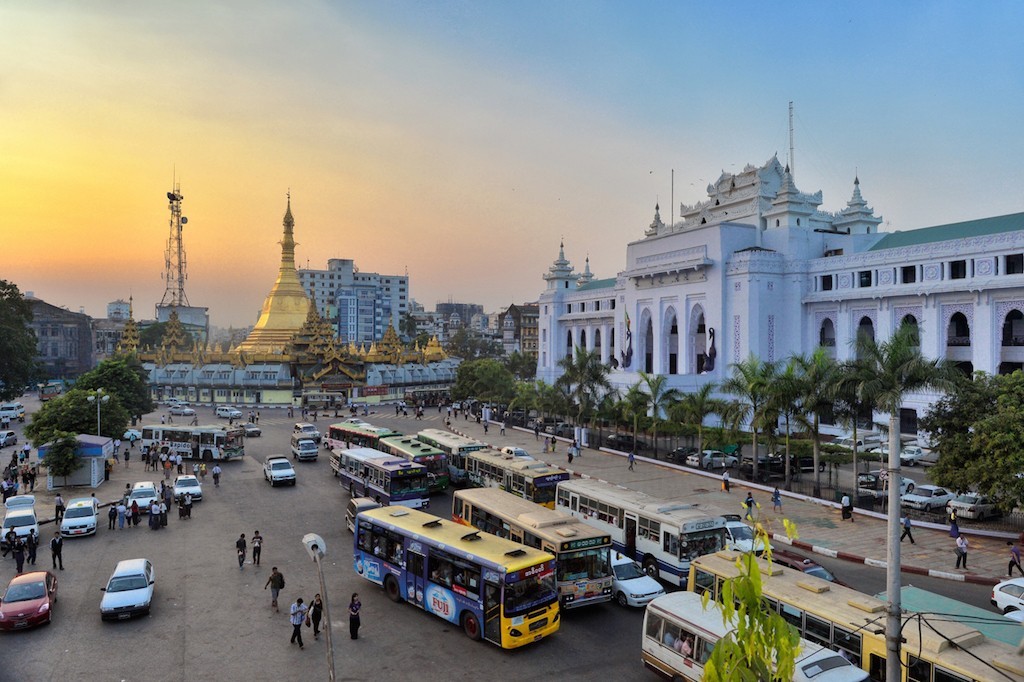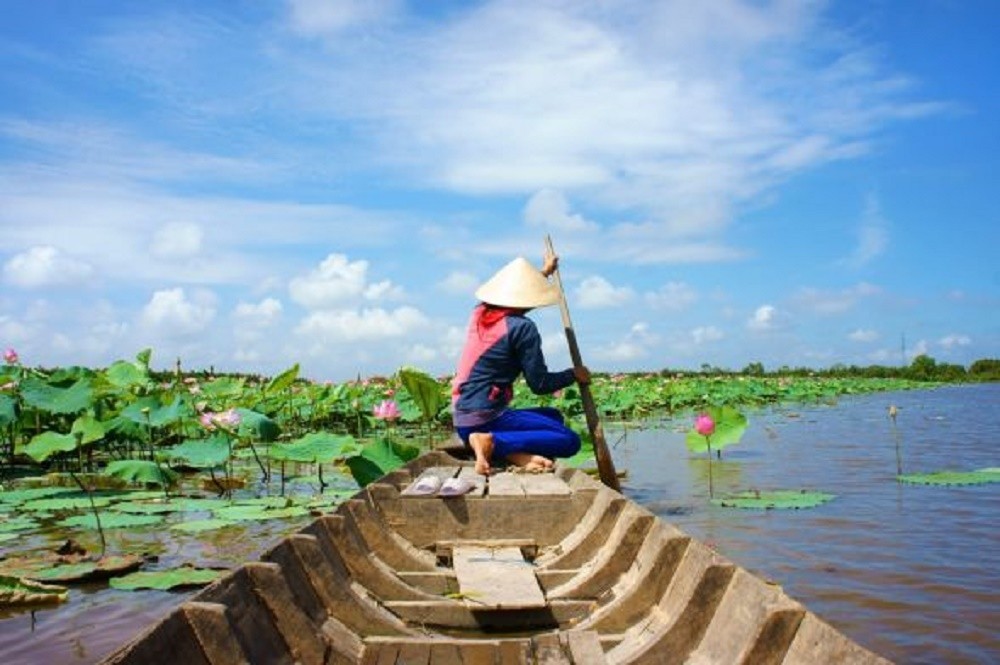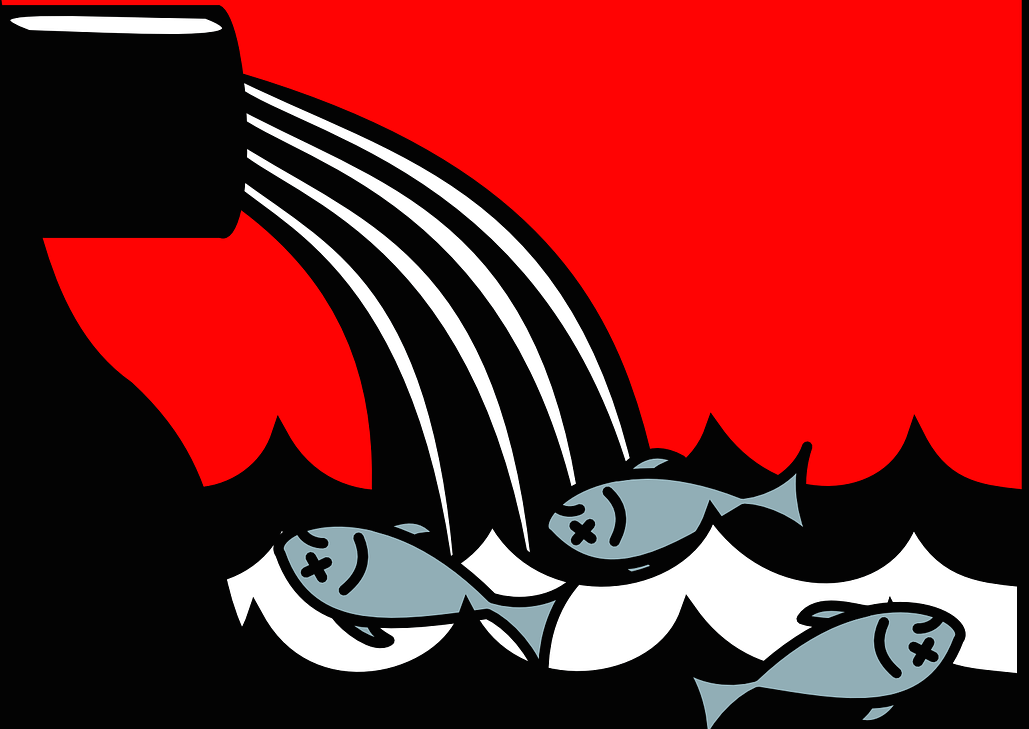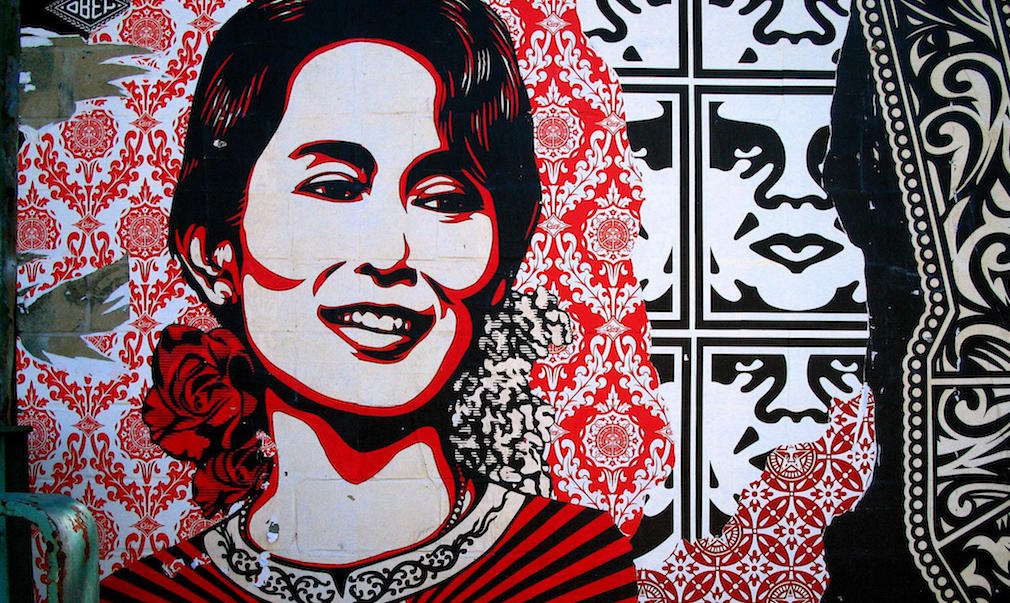A feasibility study on a proposal to build a tunnel diverting water from the Mekong River to the drought-stricken Northeast region will be wrapped up by year-end and will determine whether the multi-billion baht project is economically viable, a senior irrigation official says.
Somkiat Prajamwong, director of the Project Management Office, Department of Royal Irrigation, said the study on the Mekong-Loei-Chi-Mun project, which will manage and divert water from the Mekong to the Chi and the Mun rivers, will also focus on the technical and engineering aspects to make sure water can be diverted to the destinations using only the principle of gravity.


